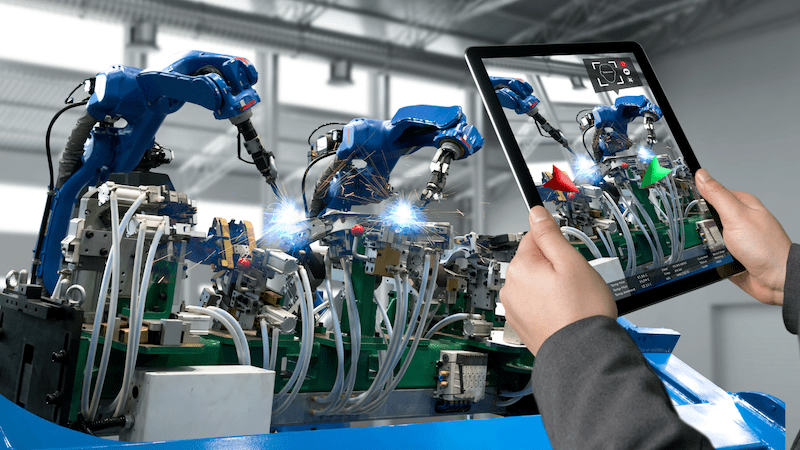Connecting...
How sustainable is Industry 4.0?
almost 4 years ago

Industry 4.0 is the term used to refer to the digital transformation of manufacturing and what is considered as the fourth industrial revolution. First it was steam, then the assembly line, then the computer. Now we are in the age of automation.
What is Industry 4.0
Algorithms, artificial intelligence (AI), the internet of things (IoT) and robotics make everything in the industrial world “smart”, from smart manufacturing to smart supply chains and logistics.
How green is the fourth industrial revolution
On the surface, improved efficiency and productivity, fewer people and greater monitoring should use less energy and be better for the planet. However, sustainability is rarely that straightforward and there are elements of Industry 4.0 that environmentalists are concerned about.
The productivity game
Smart Factory technologies are designed to minimise the waste of both time and resources by enabling greater control of processes and improved productivity. However, concerns have been raised by a number of recent studies which make the economic point that higher productivity leads to lower prices which can drive up demand and consumption. This could potentially be an own goal for Industry 4.0 players.
Sustainability of data
Data may be held in the cloud, but it still has a carbon footprint. In 2018, data centres around the world consumed around 200 TWh of energy, the equivalent of 1% of global energy use. With the complex manufacturing operations that are part of Industry 4.0 capturing, storing and transferring significant amounts of data, the carbon footprint of this digital activity cannot be underestimated.
Upgrading factories
One further consideration is the disposal of legacy machinery and production facilities. Inevitably, as smart factories move in and IoT capable equipment is installed, older items are cleared out. This issue has been raised in association with replacing gas boilers with heat pump and other renewable technologies in people’s homes or replacing petrol and diesel cars with electric. Whilst any item or equipment has a lifespan remaining, the environmental impact of replacing it must be taken into consideration.
You may also be interested in our article Managing the Transition from Traditional to Smart Manufacturing
